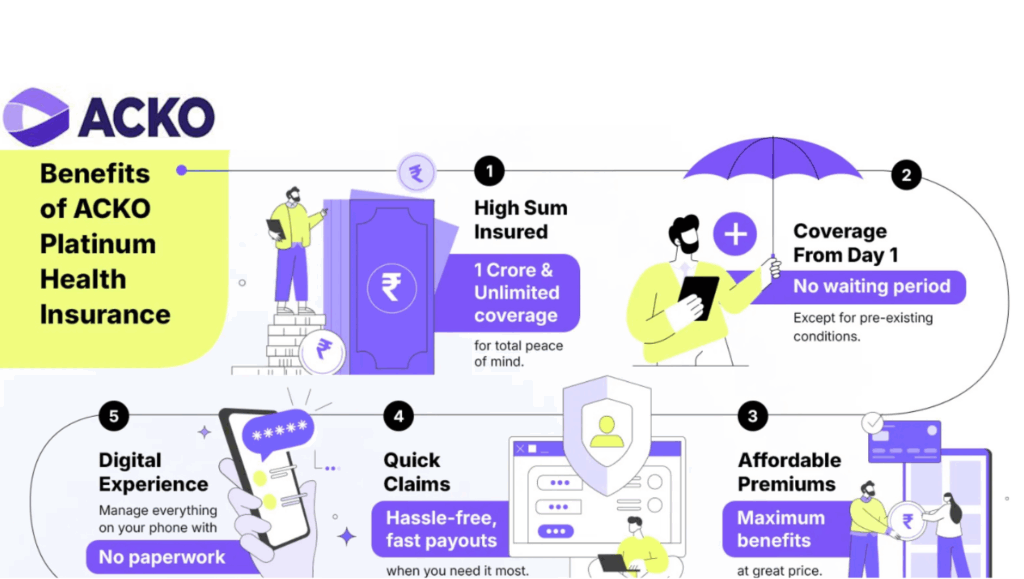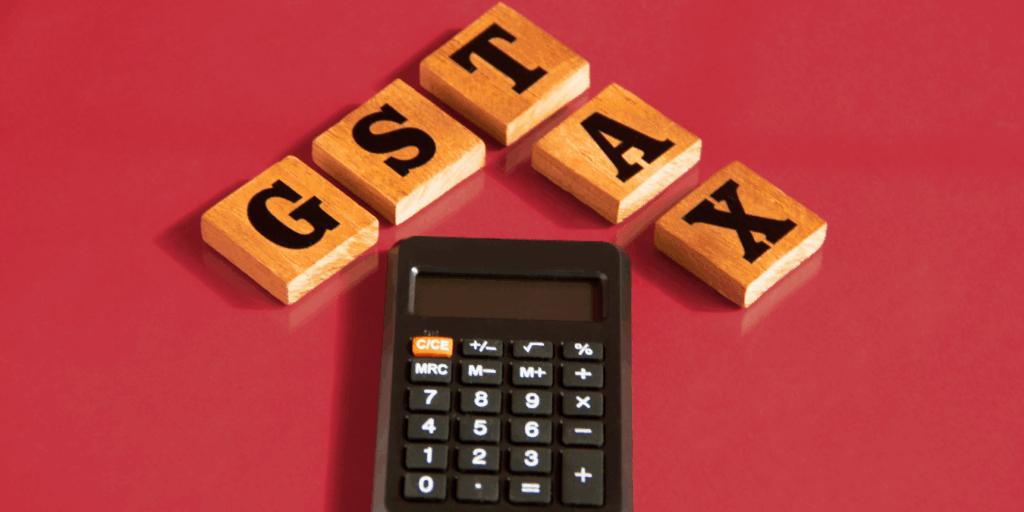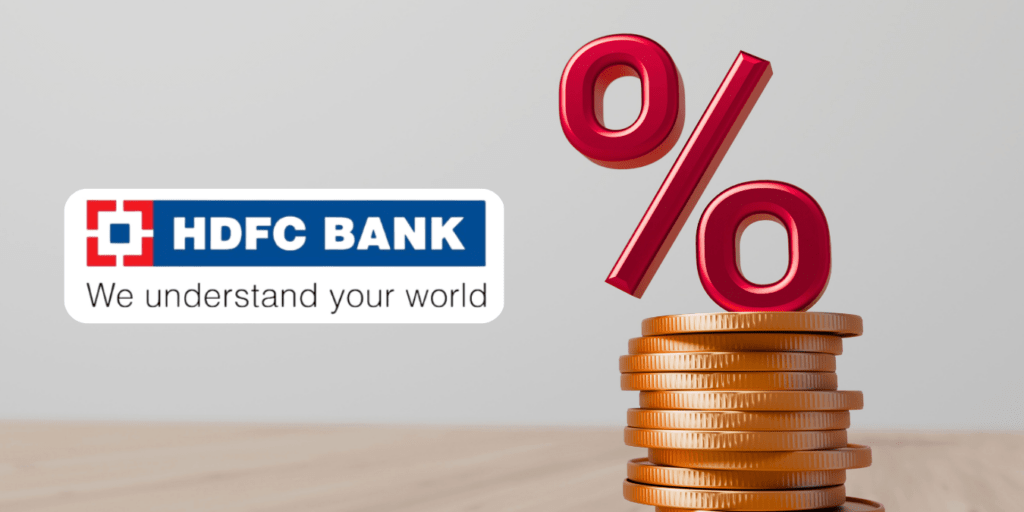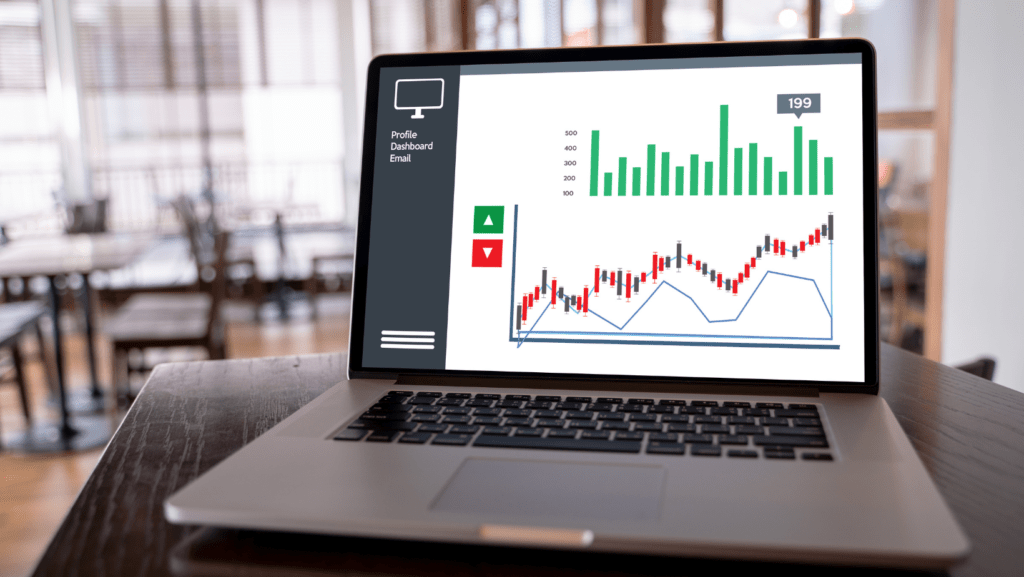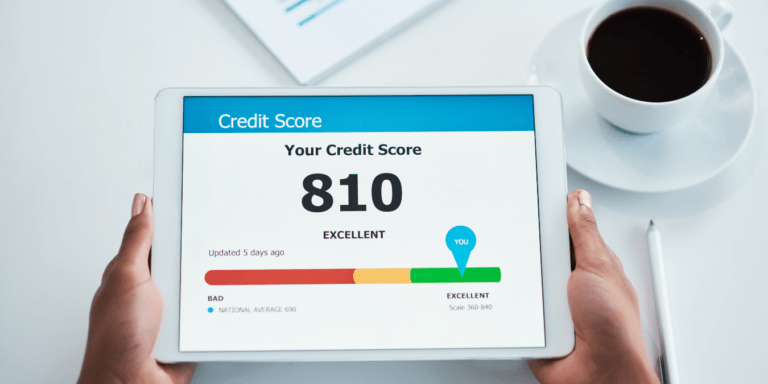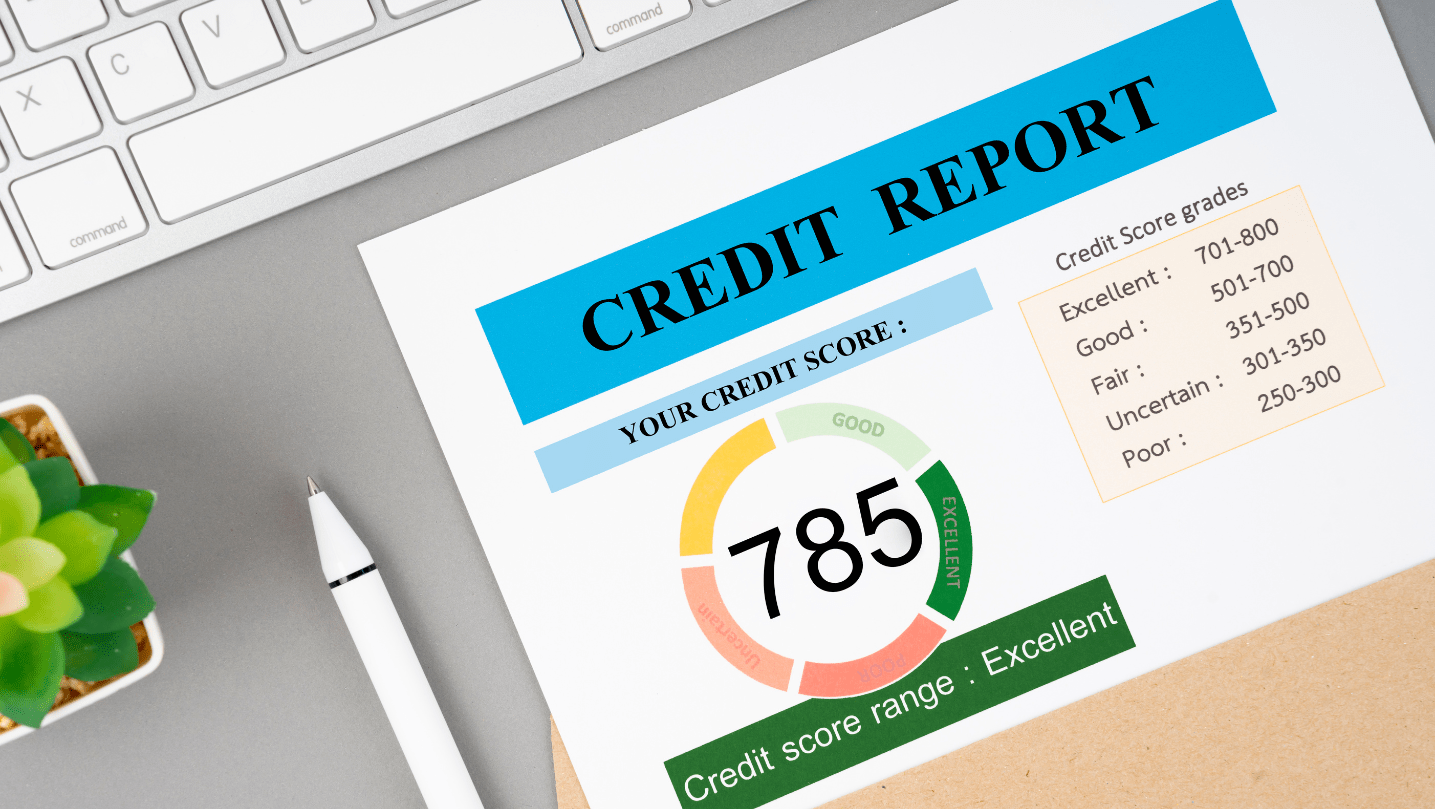
“Protect your credit score from fraud! Learn how to detect, prevent, and recover from credit score fraud with expert tips, latest data, and actionable strategies. Safeguard your financial future today.”
In today’s digital age, credit score fraud has become a significant concern for consumers and financial institutions alike. With the increasing sophistication of cybercriminals, it’s crucial to stay informed about the latest trends in credit score fraud and take proactive measures to protect your financial health. This comprehensive guide will provide you with the latest data on credit score fraud, tips on how to detect it, and effective strategies to prevent it.
What is Credit Score Fraud?
Credit score fraud occurs when someone illegally uses your personal information to open new credit accounts, make purchases, or take out loans in your name. This type of identity theft can severely damage your credit score, making it difficult for you to secure loans, mortgages, or even rent an apartment. According to the Federal Trade Commission (FTC), there were over 1.4 million reports of identity theft in 2024, with credit card fraud being the most common type.
Types of Credit Score Fraud
- Account Takeover Fraud: This occurs when a fraudster gains access to your existing credit accounts, changes the contact information, and makes unauthorized purchases or withdrawals.
- New Account Fraud: In this scenario, the fraudster uses your personal information to open new credit accounts in your name. This type of fraud can go unnoticed for months, as the fraudster may use a different address.
- Synthetic Identity Fraud: This is a more sophisticated form of fraud where the criminal combines real and fake information to create a new identity. For example, they might use your Social Security number but a different name and address.
- Credit Card Skimming: This involves stealing your credit card information through a skimming device, often placed on ATMs or gas pumps. The stolen information is then used to make fraudulent purchases.
Latest Trends in Credit Score Fraud
- Increase in Fraud Losses: The FTC’s latest data shows a significant increase in reported fraud losses, with consumers losing more money to investment scams ($5.7 billion) than any other category in 2024. Imposter scams and online shopping issues were also among the top reported fraud categories.
- Evolving Scammer Tactics: Scammers are constantly evolving their tactics to exploit new vulnerabilities. In 2024, consumers reported losing more money to scams involving bank transfers and cryptocurrency than all other payment methods combined.
- Common Contact Methods: Email remains the most common way scammers contact consumers, followed by phone calls and text messages. This underscores the importance of being cautious when sharing personal information online or over the phone.
How to Detect Credit Score Fraud
Detecting credit score fraud early can help minimize its impact on your financial health. Here are some signs to watch out for:
- Unexpected Changes in Your Credit Score: A sudden drop in your credit score could indicate fraudulent activity. Regularly monitoring your credit score can help you spot any unusual changes.
- New Accounts or Inquiries: If you notice new accounts or credit inquiries on your credit report that you didn't initiate, it could be a sign of fraud. Contact the credit bureaus and the creditors involved to report the fraudulent activity.
- Unfamiliar Addresses: An unfamiliar address associated with your identity on your credit report could indicate that someone is using your information to commit fraud.
- Collections or Charge-Offs: If you receive notices about accounts in collections or charge-offs that you don't recognize, it could be a sign of identity theft.
- Suspicious Activity on Your Accounts: Regularly review your bank and credit card statements for any unauthorized transactions. Promptly report any suspicious activity to your financial institution.
How to Prevent Credit Score Fraud
Preventing credit score fraud requires a proactive approach. Here are some effective strategies to safeguard your credit:
1. Monitor Your Credit Reports Regularly
Regularly reviewing your credit reports is one of the most effective ways to detect and prevent credit score fraud. You’re entitled to one free credit report from each of the three major credit bureaus every 12 months through AnnualCreditReport.com. Consider staggering your requests so you can monitor your credit throughout the year.
2. Set Up Fraud Alerts
A fraud alert is a notice placed on your credit report that alerts creditors to verify your identity before opening any new accounts in your name. You can set up a fraud alert by contacting one of the three major credit bureaus, and they are required to notify the other two.
3. Freeze Your Credit
A credit freeze, also known as a security freeze, restricts access to your credit report, making it difficult for fraudsters to open new accounts in your name. You can freeze and unfreeze your credit at any time by contacting the credit bureaus. According to the FTC, credit freezes are one of the most effective ways to prevent new account fraud.
4. Use Strong, Unique Passwords
Using strong, unique passwords for your online accounts can help prevent unauthorized access. Consider using a password manager to generate and store complex passwords. Enable two-factor authentication (2FA) wherever possible for an added layer of security.
5. Be Cautious with Personal Information
Be mindful of where and how you share your personal information. Avoid giving out your Social Security number unless absolutely necessary, and be cautious of phishing scams that attempt to trick you into revealing sensitive information.
6. Shred Sensitive Documents
Shred any documents containing personal information before disposing of them. This includes credit card statements, bank statements, and any mail that contains your Social Security number.
7. Monitor Your Financial Accounts
Regularly review your bank and credit card statements for any unauthorized transactions. Many financial institutions offer mobile apps that allow you to monitor your accounts in real-time.
8. Use Credit Monitoring Services
Consider enrolling in a credit monitoring service that provides real-time alerts of any changes to your credit report. These services can help you detect fraud early and take swift action.
9. Report Suspicious Activity Immediately
If you suspect that your credit has been compromised, report it to the credit bureaus and your financial institutions immediately. File a report with the FTC and your local law enforcement agency. The sooner you act, the better your chances of minimizing the damage.
What to Do If You’re a Victim of Credit Score Fraud
If you discover that you’ve been a victim of credit score fraud, take the following steps to mitigate the damage:
1. Place a Fraud Alert
Contact one of the three major credit bureaus to place a fraud alert on your credit report. This will make it more difficult for fraudsters to open new accounts in your name.
2. Freeze Your Credit
Consider freezing your credit to prevent further unauthorized access. This will restrict access to your credit report, making it difficult for fraudsters to open new accounts.
3. Review Your Credit Reports
Obtain your credit reports from all three bureaus and review them for any fraudulent activity. Dispute any inaccuracies with the credit bureaus and the creditors involved.
4. File a Report with the FTC
File a report with the FTC at IdentityTheft.gov. This will provide you with a recovery plan and an Identity Theft Report, which can help you resolve the issue with creditors and credit bureaus.
5. Contact Your Financial Institutions
Notify your bank, credit card issuers, and any other financial institutions where you have accounts. They can help you close compromised accounts and open new ones with enhanced security measures.
6. File a Police Report
File a report with your local law enforcement agency. While they may not be able to investigate the crime, having a police report can help you when dealing with creditors and credit bureaus.
7. Consider a Credit Monitoring Service
Enroll in a credit monitoring service to keep a close eye on your credit report and receive alerts of any suspicious activity.
The Role of Technology in Preventing Credit Score Fraud
Advancements in technology have introduced new tools and methods to help consumers protect their credit scores. Here are some of the latest innovations:
1. Biometric Authentication
Biometric authentication, such as fingerprint and facial recognition, is becoming increasingly common in financial services. This technology adds an extra layer of security by ensuring that only you can access your accounts.
2. Artificial Intelligence and Machine Learning
Financial institutions are leveraging AI and machine learning to detect unusual patterns and flag potentially fraudulent activity in real-time. These technologies can analyze vast amounts of data to identify anomalies that may indicate fraud.
3. Blockchain Technology
Blockchain technology is being explored as a way to enhance the security of financial transactions. Its decentralized nature makes it difficult for fraudsters to alter or steal data.
4. Digital Identity Verification
Digital identity verification tools use a combination of data points, such as your Social Security number, address history, and biometric data, to verify your identity. This can help prevent synthetic identity fraud.
Credit score fraud is a growing threat in our increasingly digital world, but with the right knowledge and tools, you can protect yourself from becoming a victim. Regularly monitoring your credit reports, setting up fraud alerts, and freezing your credit are just a few of the steps you can take to safeguard your financial health. By staying vigilant and proactive, you can detect and prevent credit score fraud before it causes significant damage.
Remember, your credit score is a vital component of your financial well-being. Protecting it should be a top priority. If you suspect that your credit has been compromised, act quickly to minimize the impact. With the strategies outlined in this article, you’ll be well-equipped to defend against credit score fraud and maintain a healthy financial future.

